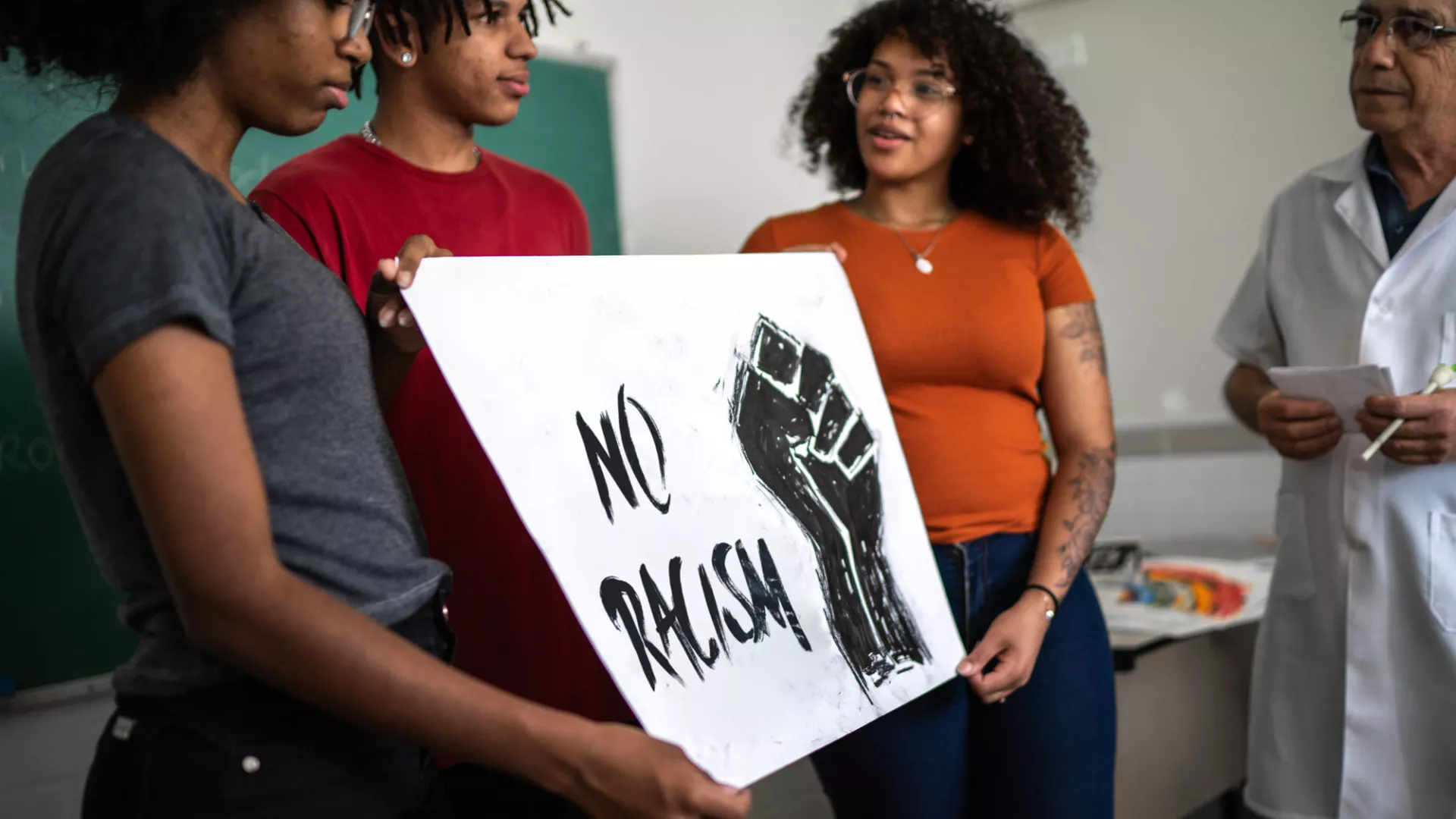Students across the country are increasingly using their voices to raise awareness of issues that matter to them, including climate change and gun violence. Student activists have staged protests over the police killings of unarmed Black people and walkouts over inadequate COVID safety protocols and gun violence.
You have broad protections off duty to support such student activism. At work, however, your rights are much more limited.
Where student demonstrations occur at your employer or during work hours, you should work with your administrators to have plans ready for student activism.
Note that in higher education, numerous states have adopted legislation that purports to protect free speech on campus, typically in outdoor areas of campus labeled as “free speech zones.” Most state legislation of this type covers faculty, but some legislation only provides protection for faculty speech if it is within their “area of competence” or “reasonably germane to the subject matter of the class.” Ohio Rev. Code § 3345.0215; Tenn. Code Ann. § 49-7-2405, 2408. Go to reference
"Students came to me and said, ‘We don’t see ourselves in our building, and we need your help. We’d like put up a Black Lives Matter banner somewhere in the school.’ So I said, ‘Let’s do it. Let’s make it happen.’ We had some obstacles in our way, but now we have a banner that proudly hangs in the cafeteria right now.”
— Rahaf Othman, high school history teacher, Illinois
- 1 Ohio Rev. Code § 3345.0215; Tenn. Code Ann. § 49-7-2405, 2408.
This page is intended to provide general information. For specific advice, you should always contact your local union or attorney.
Speak Up For Students and Public Schools

